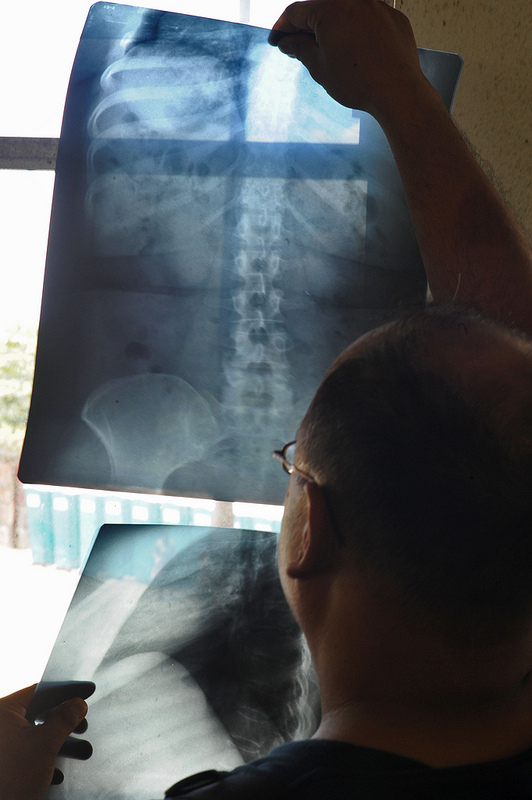AARP Hearing Center
By Kate Dudley
With more than 6 million Texans (24 percent) living without health insurance today, delaying health care is a concern. A recent study found that cost plays a major role in choosing whether or not to seek medical care. This can lead to those uninsured seeking care in hospital emergency rooms, driving up uncompensated care costs at Texas hospitals.

While researchers were surprised at the “depth and variation between the states,” the issue is said to be taking a toll on the country’s health, affecting those areas with more Hispanic residents and high rates of disease associated with low-income communities.
Texas’ Hidalgo County ranks highest in the nation with roughly 41 percent of the adult population choosing to delay medical care.
Author Cheryl Clarke says a “strategy that is feasible,” for decreasing the delay of care is developing a health infrastructure that includes more primary care doctors, community clinics and Medicaid. According to the Texas Health and Human Services Commission, the Affordable Care Act’s Medicaid expansion would extend eligibility to an additional 1.8 million Texans. As the AARP blog points out, the study shows states with a history of investing in such programs have lower rates of delayed care.
Photo courtesy the U.S. Navy































































